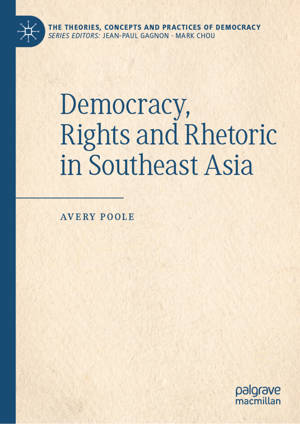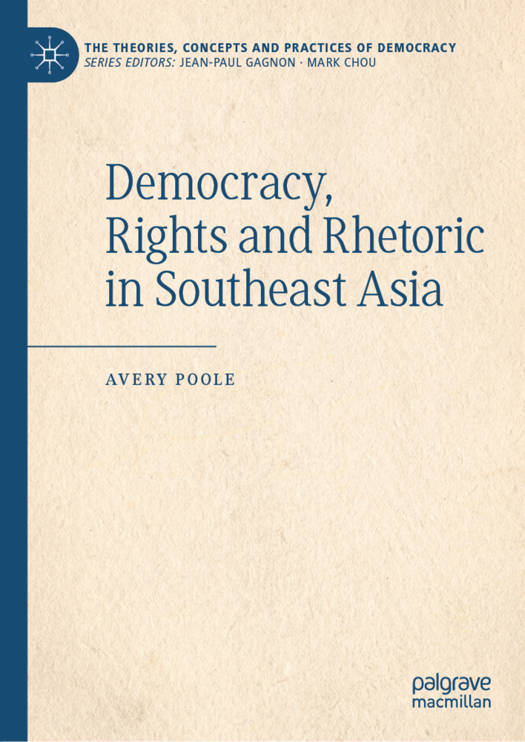
- Afhalen na 1 uur in een winkel met voorraad
- Gratis thuislevering in België vanaf € 30
- Ruim aanbod met 7 miljoen producten
- Afhalen na 1 uur in een winkel met voorraad
- Gratis thuislevering in België vanaf € 30
- Ruim aanbod met 7 miljoen producten
Omschrijving
Southeast Asia is a vast, populous and diverse region. The Association of Southeast Asian Nations (ASEAN) promotes democracy and human rights as central to regional order and cooperation, but most members are not democratic and have poor or questionable human rights records. This book explores why Southeast Asian countries have collectively adopted the rhetoric of democracy and human rights, and argues that they are motivated by their concerns about external regional legitimacy. It analyses ASEAN's references to democracy and the reality of backsliding in several countries; examines the adoption of human rights rhetoric; and considers the implications for how we understand regional cooperation. The book is relevant for students and analysts who are interested in regionalism in Southeast Asia and elsewhere - particularly given growing global concerns about liberal democracy and the gaps between rhetoric and political realities.
Specificaties
Betrokkenen
- Auteur(s):
- Uitgeverij:
Inhoud
- Aantal bladzijden:
- 83
- Taal:
- Engels
- Reeks:
Eigenschappen
- Productcode (EAN):
- 9783030155216
- Verschijningsdatum:
- 24/05/2019
- Uitvoering:
- Hardcover
- Formaat:
- Genaaid
- Afmetingen:
- 148 mm x 210 mm
- Gewicht:
- 267 g

Alleen bij Standaard Boekhandel
Beoordelingen
We publiceren alleen reviews die voldoen aan de voorwaarden voor reviews. Bekijk onze voorwaarden voor reviews.











